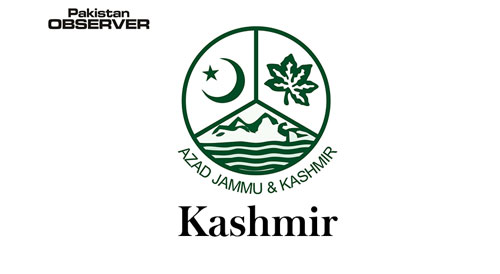Anuradha Bhasin
For more than 70 years, Kashmiris have lived with the dread of the Indian government changing the demography and special status of Indian-administered Kashmir, which was till recently Jammu and Kashmir (J&K) state. Deemed preposterous and exaggerated at one time, these anxieties have now become completely justified and have even deepened.
On August 5, 2019, Article 370 of the Indian constitution, which gave the state its special status and excluded it from the application of various constitutional provisions, was abrogated, while Article 35A, which limited certain residency rights to the local population and granted them certain protections, was altogether scrapped.
These two articles had guaranteed that the right to buy and own land or apply for government jobs was the sole prerogative of those who had inherited permanent residency by descent. They also meant a bar on business investments by outsiders or attempts by big monopolistic companies to take control of J&K’s lands and economy. This protected Kashmiris’ rights and afforded them a certain level of political and economic autonomy.
In October 2019, J&K was dissolved as a state, which meant it no longer had a state assembly empowered to pass legislation, and was divided into two union territories – Jammu and Kashmir and Ladakh – allowing New Delhi to bring them under its direct control. Until then, J&K was the only Muslim-majority state in India.
With the abrogation of Article 370 and the removal of its status as a state, the region was fully integrated and its population stripped of the special privileges and entitlements it had been enjoying in view of the peculiar nature of the state’s history and its accession to India.
The actual disempowerment, which will soon begin to be felt on the ground, is more than the loss of the special local identity. Brought by stealth and deceit, without fulfilling the constitutional requirement of participation of the state legislature, the abrogation of Article 370 and demotion of the erstwhile state has become fait accompli, as the hearings on a bunch of petitions challenging the move in the Supreme Court of India have been postponed multiple times.
If Article 370 was aimed to lay down the foundation of the Indian government’s agenda in J&K, the actions that have followed are the building blocks to serve that design calculatedly.
Thus, in a late-night move on March 31, when the Indian government officially announced a new domicile rule for Jammu and Kashmir, more clarity was shed on what the future entails. The devil was in the detail. According to the notification called “Jammu and Kashmir Reorganisation (Adaptation of State Laws) Order, 2020”, anyone who has resided in J&K for 15 years or has studied in the territory for seven years, and appeared in either Class 10 or Class 12 examination, will get residency rights. They will then be eligible for various government jobs.
The notification’s timing, one week after India announced a countrywide lockdown to contain the COVID-19 outbreak, was odd. While a lockdown in the rest of the country became a safety measure in the fight against a virus, in Kashmir it assumed a different meaning. It was a lockdown within a lockdown that had been partially in place since August 5, 2019.
A stringent clampdown on J&K under military boots including an absolute communication blockade allowed the Indian government to surreptitiously scrap its special status and split it into more pliable units last year. The longest-ever lockdown in Kashmir served the purpose of scuttling any public outrage and also ensured that information slipped into a black hole, making an entire population invisible and their grievances inaudible.
The 2019 lockdown was unconstitutional, undemocratic and morally erroneous. But this has now become the foundational principle of India’s strategy in Kashmir with no punctuations of pretence.










